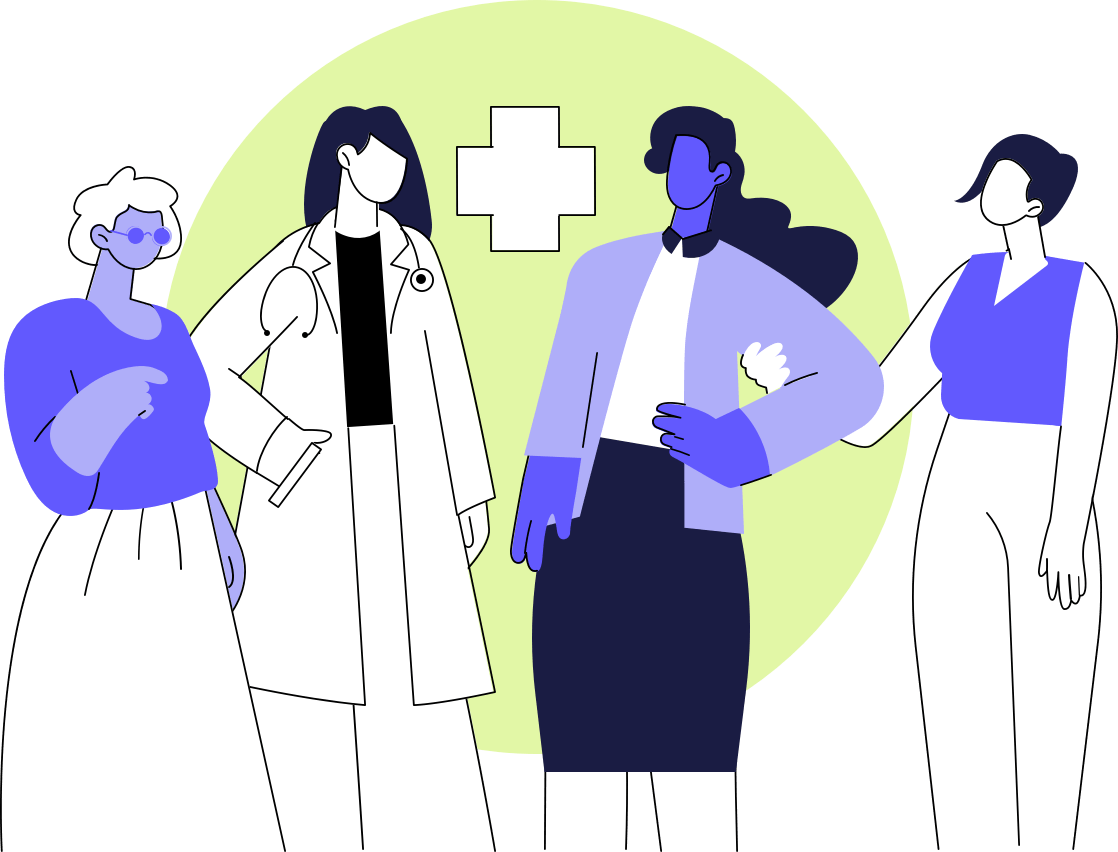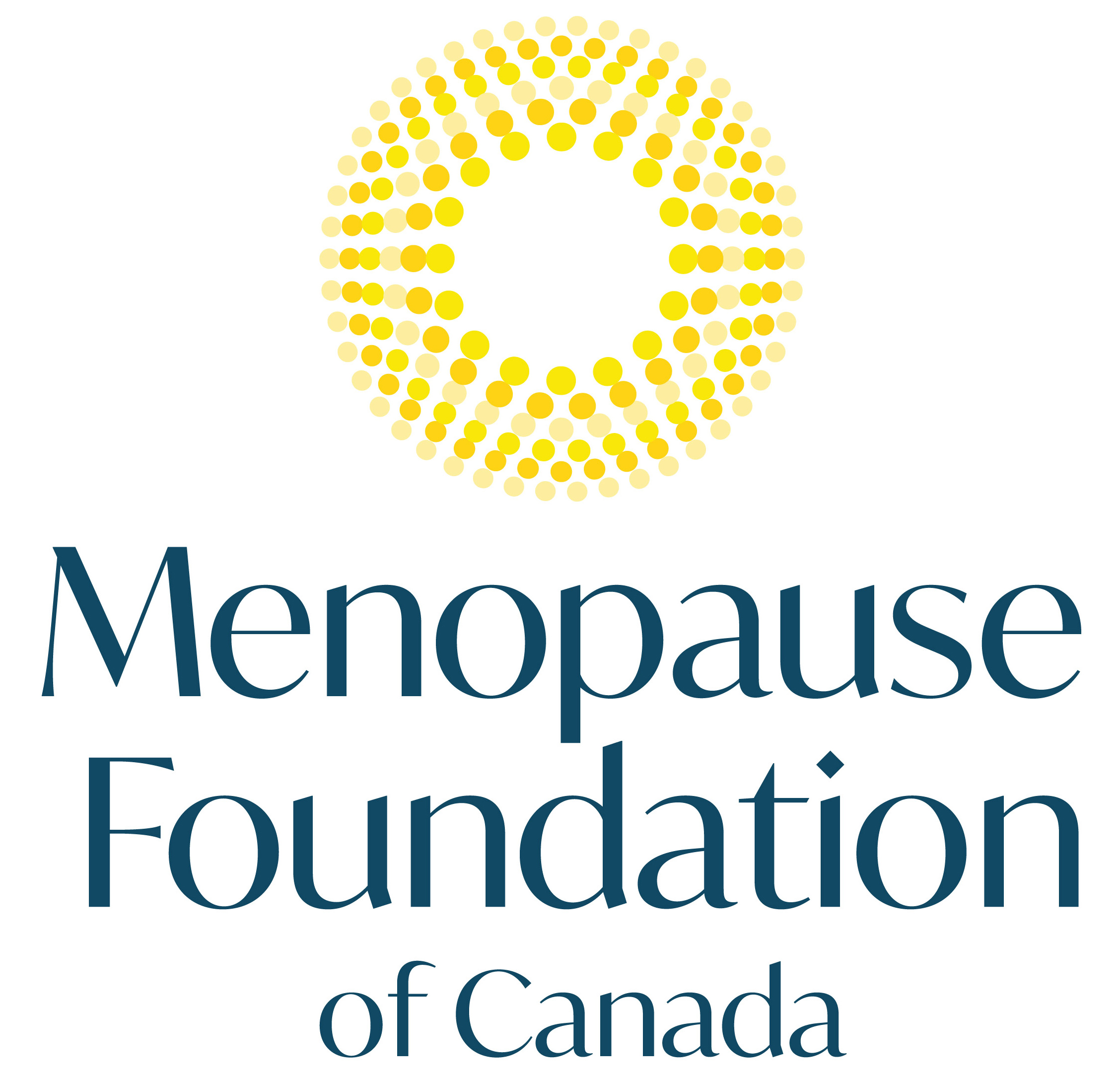Menopause Matters: 6 Common Myths Debunked
- roshaydiamorgan
- Oct 19, 2025
- 3 min read

Menopause is a natural stage of life, but there is a lot of misinformation that makes it confusing and sometimes even scary. At Grassroots Health, we want to share clear, supportive information so you can feel empowered in your health journey.
1. Menopause happens suddenly
Menopause is actually a gradual process. The transition, called perimenopause, can last several years. Symptoms such as hot flashes, mood changes, or irregular periods often appear during this stage before periods stop completely.
2. Menopause only affects older women.
While the average age is around 51, menopause can begin earlier due to genetics, health conditions, or medical treatments. Some people experience menopause in their 30s or 40s, often referred to as early or premature menopause.
3. Hot flashes are the only symptom.
While hot flashes are common, menopause can also affect sleep, mood, memory, energy, sexual health, and bone density. Every person’s experience is unique.
4. Menopause means your health declines.
Menopause is not the end of health; it is a new chapter. With proper nutrition, movement, stress management, and regular check-ups, people can thrive during and after menopause.
5. There is nothing you can do about symptoms.
There are many ways to manage symptoms, from lifestyle shifts such as nutrition, exercise, and sleep, to medical support like hormone therapy or other treatments.
6. Menopause means the end of intimacy.
Changes in hormones can affect libido and comfort, but with communication and self-care, intimacy can continue and even grow stronger.
|Menopause is a natural transition, not an illness. Understanding the facts can help you embrace this stage of life with more confidence and less stigma. If you want guidance or personalized support, our practitioners at Grassroots Health are here to help you navigate this stage of life safely and comfortably.

Menopause Podcasts
Video Resource: The #1 Menopause Doctor: How to Lose Belly Fat, Sleep Better, & Stop Suffering Now Mel Robbins Podcast In this insightful video, Dr. Mary Claire Haver, a certified menopause practitioner, discusses effective strategies for managing menopause symptoms. She covers topics such as dietary adjustments to reduce bloating, supplements to improve sleep quality, and exercises to aid in weight management during menopause.
Menopause Resources
The Menopause Society – Patient Education:
A comprehensive resource hub providing information on menopause symptoms, treatment options, and lifestyle adjustments.
Menopause Foundation of Canada:
A Canadian non-profit organization dedicated to raising awareness about menopause and its impact on women and society. They provide a comprehensive range of resources, including symptom trackers, guides for healthcare practitioners, and information on menopause-inclusive workplaces. Their mission is to eliminate the stigma associated with menopause and ensure it is fully supported by healthcare systems, governments, businesses, and communities.
Society for Women's Health Research – Menopause Preparedness Toolkit:
A guide to support women through major menopause milestones and prepare for conversations with physicians, families, and friends.
Citations
StatPearls / NCBI Bookshelf. “Menopause.” Covers menopause symptoms including hot flashes, mood, sleep, and vaginal changes, and notes variability among individuals. NCBI Bookshelf
NIH / MedlinePlus. “Menopause: What You Need to Know.” Explains stages, typical age ranges, and common symptoms. NIH MedlinePlus Magazine
Mayo Clinic. “Menopause Facts vs. Fiction.” Myth-busting format addressing misconceptions, including early onset and symptom variability. Mayo Clinic MC Press
NYU / NY Langone. “Five Menopause Myths You Should Stop Believing Now.” Discusses myths about symptom duration and misconceptions about menopause specialists. NYU Langone Health
Canadian Menopause Society. “12 Myths.” Layout of commonly held myths and factual clarifications. Canadian Menopause Society




Comments